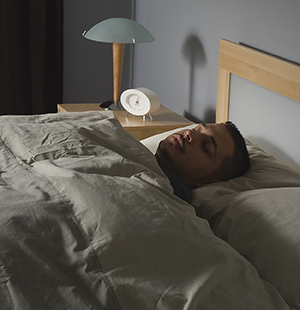Preventing Migraine Headaches: Medicines and Lifestyle Changes
Preventing Migraine Headaches: Medicines and Lifestyle Changes

A migraine is a type of severe headache. Having a migraine can be very painful. But there are steps you can take to help prevent migraines.
Medicines to help prevent migraines
-
Your healthcare provider may prescribe certain medicines to help prevent migraines. These medicines may need to be taken daily. Or they may only need to be taken at times when you’re likely to have a migraine.
-
Common medicines used to help prevent migraines include:
-
Triptans (serotonin receptor agonists)
-
Nonsteroidal anti-inflammatory drugs (such as ibuprofen, available over-the-counter)
-
Beta-blockers
-
Anticonvulsants
-
Tricyclic antidepressants
-
Calcium channel blockers
-
Certain vitamins, minerals, and plant extracts
-
Botulinum toxin injection for certain chronic migraines
-
CGRP (calcitonin gene-related peptide) agnonists are being reviewed by the Food and Drug Administration (FDA)
-
Lifestyle changes for long-term prevention
Here are some suggestions:
-
Exercise. Regular exercise can help prevent migraines and improve your health. (If exercise triggers your migraines, talk to your healthcare provider.)
-
Keep regular habits. Don’t skip or delay meals. Drink plenty of water. And go to bed and get up at about the same time each day. This includes weekends.
-
Try alternative treatments. These are treatments that don't involve the use of medicines or surgery. They may help relieve symptoms and prevent migraines. Some treatment options include biofeedback and acupuncture. Ask your healthcare provider to tell you more about these treatments if you have questions.
-
Limit caffeine. You may find that caffeine helps relieve pain during an attack. But too much caffeine can also trigger migraines. So, limit the amount of caffeine you consume.
Updated:
January 23, 2020
Sources:
Evidence-Based Guideline Update: Pharmacologic Treatment for Episodic Migraine Prevention in Adults. Silberstein, S. Neurology. 2012, is. 78, 1337-45.
Reviewed By:
Sather, Rita, RN,Shelat, Amit, MD